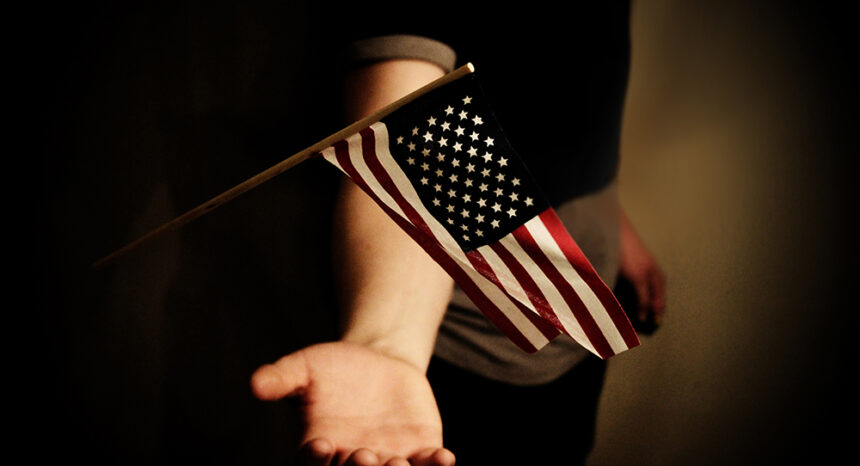Early impressions of family, community holidays and public rituals stay with many people through their lives. But beyond the childhood memories of food, company and shared celebration, these foundational experiences may form deeper habits with significance in later life.
A 2011 working paper by the Università Bocconi, “Shaping the Nation: Estimating the Impact of Fourth of July Using a Natural Experiment,” looks at historical rainfall patterns on July 4 to project attendance at national holiday events over time for different age groups. The researchers then study how those population cohorts that likely attended more Fourth of July celebrations later affiliated with political parties in adulthood, and their voting patterns.
The study’s findings include:
- Each rainless Fourth of July in childhood correlates with a 2% greater likelihood of affiliating with the Republican Party at age 40. It also correlates with a 4% increase among an age cohort voting for the Republican candidate at age 40.
- A rainless July 4th in childhood is also associated with a 0.9% increase in the likelihood of voting by age 40.
- The associations with party affiliation and voter turnout differ from one another: “The effects of Fourth of July on political preferences are permanent and occur at a relatively early age while the impact of the celebrations on voter turnout occurs later and fade out over time.”
The researchers concede that “while it is reasonable to assume that our findings are driven by variation in participation as captured by rainfall, this is something we cannot establish empirically given our methodological design.” Still, the study’s authors state, one plausible mechanism that explains these correlations is that “the long-lasting impact of Fourth of July fits the notion that experiences during early childhood have effects that are less susceptible to adult political persuasion.”


Expert Commentary